PS2 Era Games: Minor Flaws in Major Masterpieces
Explore the transformative PlayStation 2 era, highlighting groundbreaking titles like Metal Gear Solid 2, Kingdom Hearts 2, and Resident Evil 4, and their charming imperfections that define their legacy.
The PlayStation 2 era marked a transformative period in gaming history, where leaps in graphics and gameplay mechanics ushered in a golden age of interactive entertainment. Yet, despite the avalanche of critically acclaimed titles, many of these games harbored subtle imperfections—ranging from narrative missteps to awkward controls—that prevented them from achieving absolute perfection. These flaws didn't diminish their brilliance but added a layer of intriguing vulnerability, making each game a testament to the era's experimental spirit. In 2025, revisiting these classics reveals how even the smallest hiccups could stir controversy or frustration, yet somehow, they became integral to the games' enduring legacies. Isn't it fascinating how a single element, like a character swap or a control quirk, could ripple through an entire experience, leaving players with mixed emotions long after the credits rolled?
Consider Metal Gear Solid 2: Sons of Liberty, a game that redefined stealth mechanics and storytelling in gaming. Its intricate plot and polished gameplay were overshadowed by one divisive choice: the abrupt switch from Solid Snake to Raiden as the protagonist. Players had grown attached to Snake's iconic presence, only to find themselves guiding a younger, less charismatic character through much of the adventure. This twist sparked widespread outrage at the time, yet it did little to harm the game's core innovations. Why did such a narrative gamble feel so jarring, especially when the gameplay itself was near-flawless? 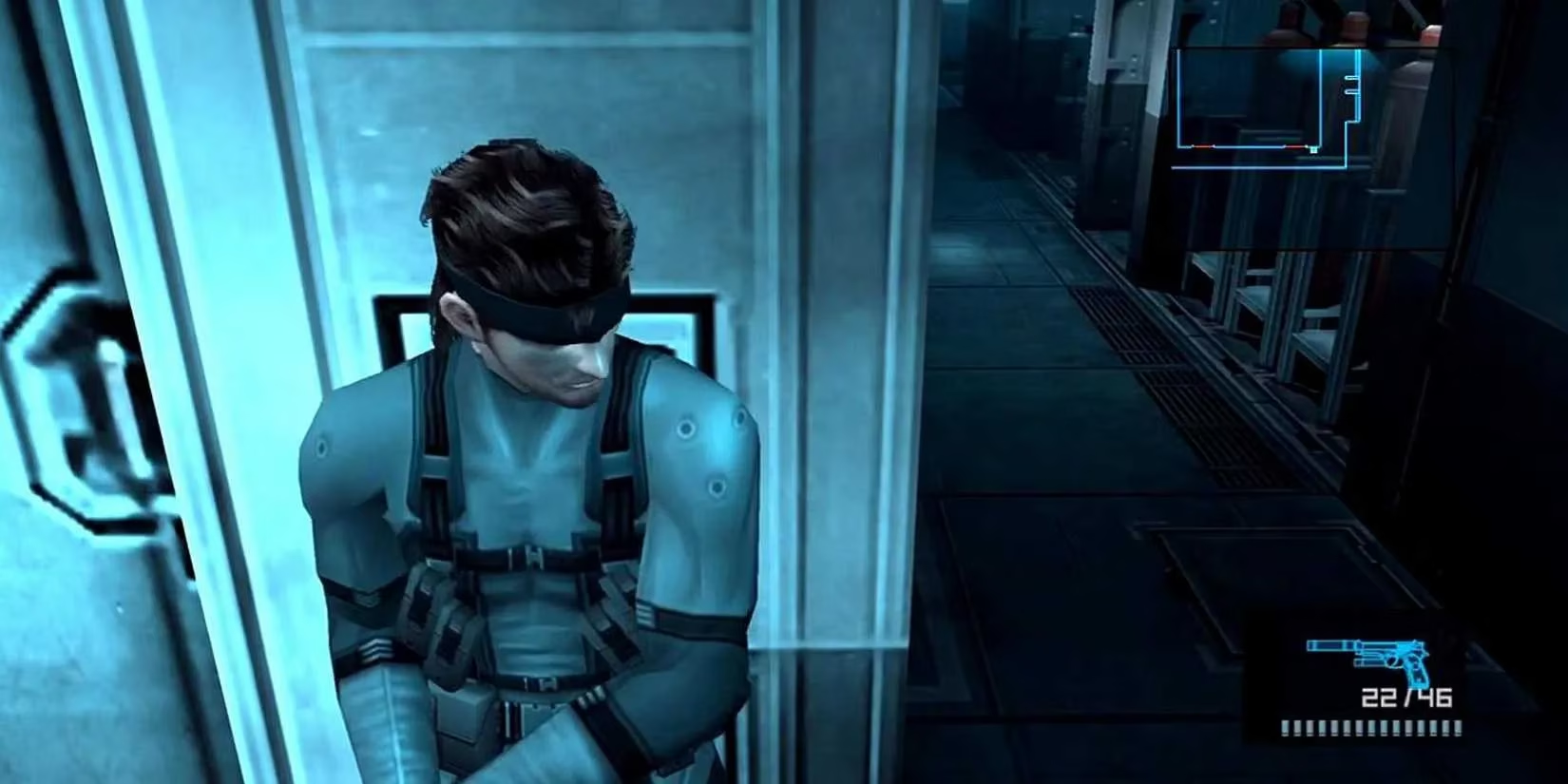
Another standout is Kingdom Hearts 2, which dazzled with its blend of Disney charm and deep RPG elements. However, the opening hours dragged players into a seemingly endless segment with Roxas in Twilight Town, filled with tedious fetch quests and watered-down combat. This slow burn contrasted sharply with the vibrant chaos that followed, almost deterring newcomers before the real fun began. How could such a pacing misstep coexist with the game's otherwise exhilarating battles and emotional depth? 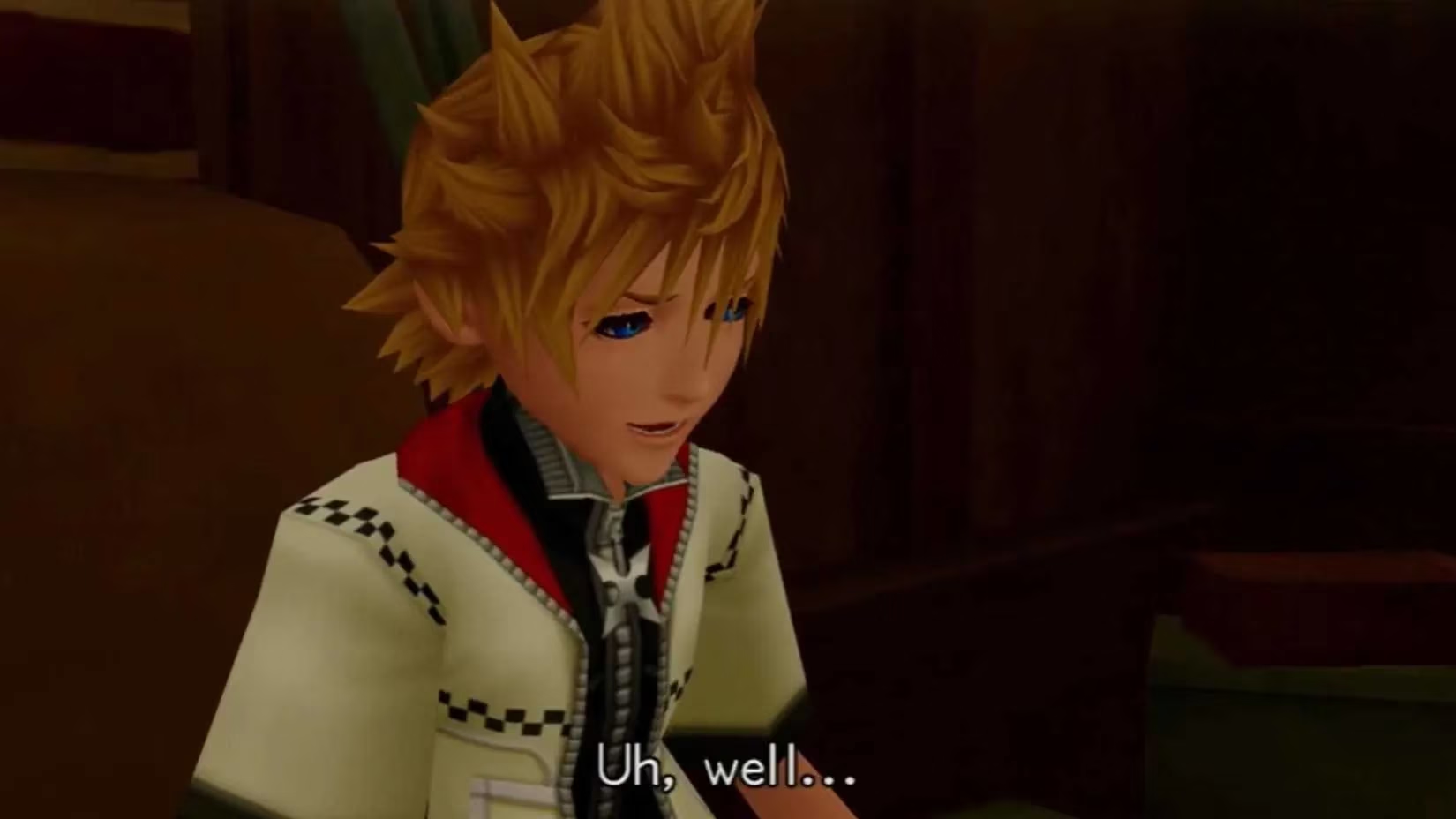
Then there's Resident Evil 4, a title that revolutionized survival horror with its over-the-shoulder camera and intense action sequences. But Leon Kennedy's inability to move while shooting felt archaic even for its time, forcing players into stationary positions amidst swarms of enemies. This limitation clashed with the game's otherwise fluid design, making some encounters unnecessarily clunky. Capcom's later remakes wisely abandoned this mechanic, but in 2005, it was a baffling oversight. Why stick to such rigid controls in a genre evolving toward player freedom? 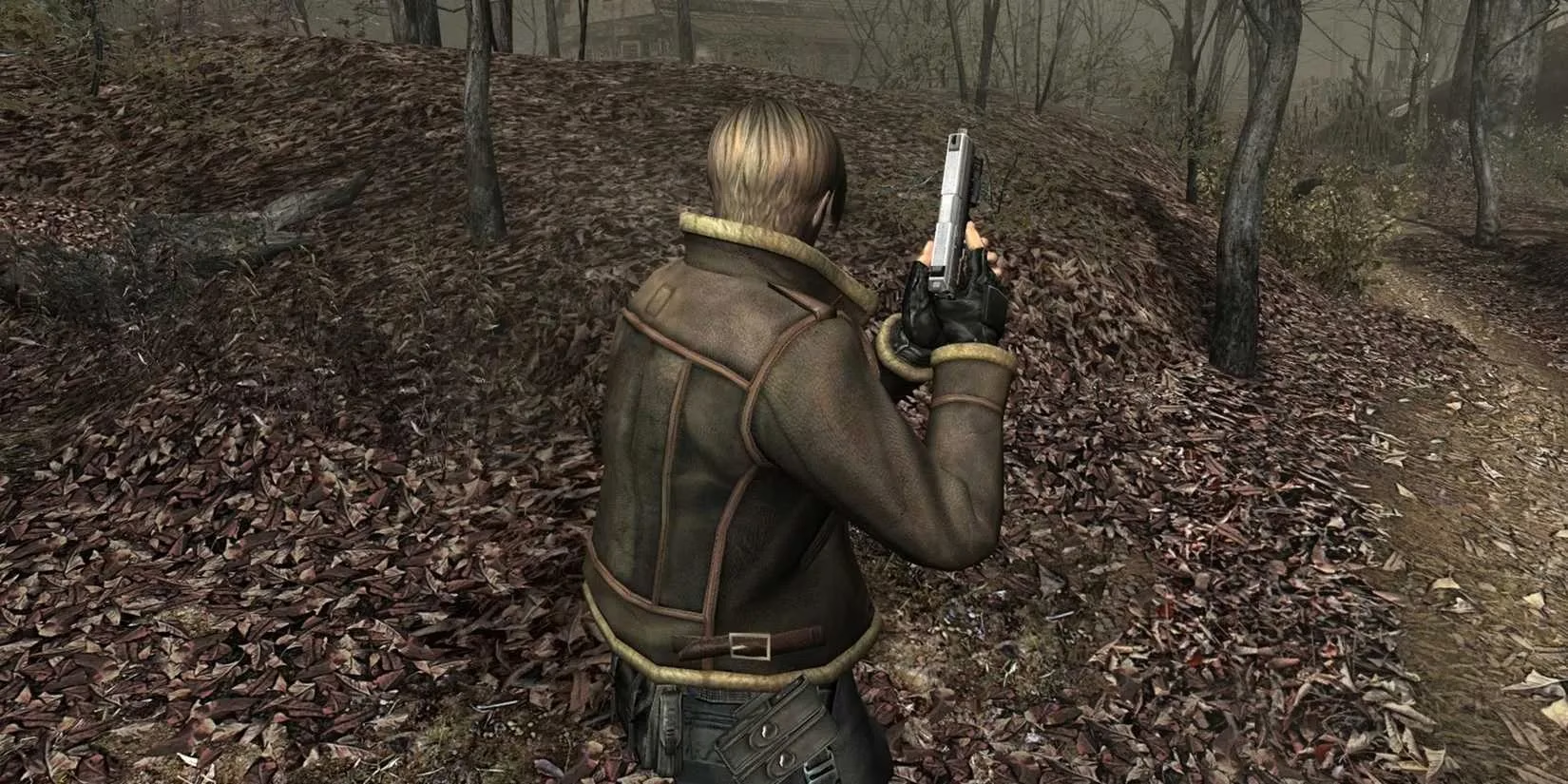
Final Fantasy XII presented a rich, political narrative and innovative Gambit system, yet it stumbled with its protagonist ambiguity. Vaan was introduced as the lead but faded into irrelevance, leaving players wondering who the true hero was—Ashe or Basch. This confusion stemmed from development fears about marketability, resulting in a disjointed avatar experience compared to earlier series entries. Could a clearer focus have elevated the game further, or did this very uncertainty add to its mystique? 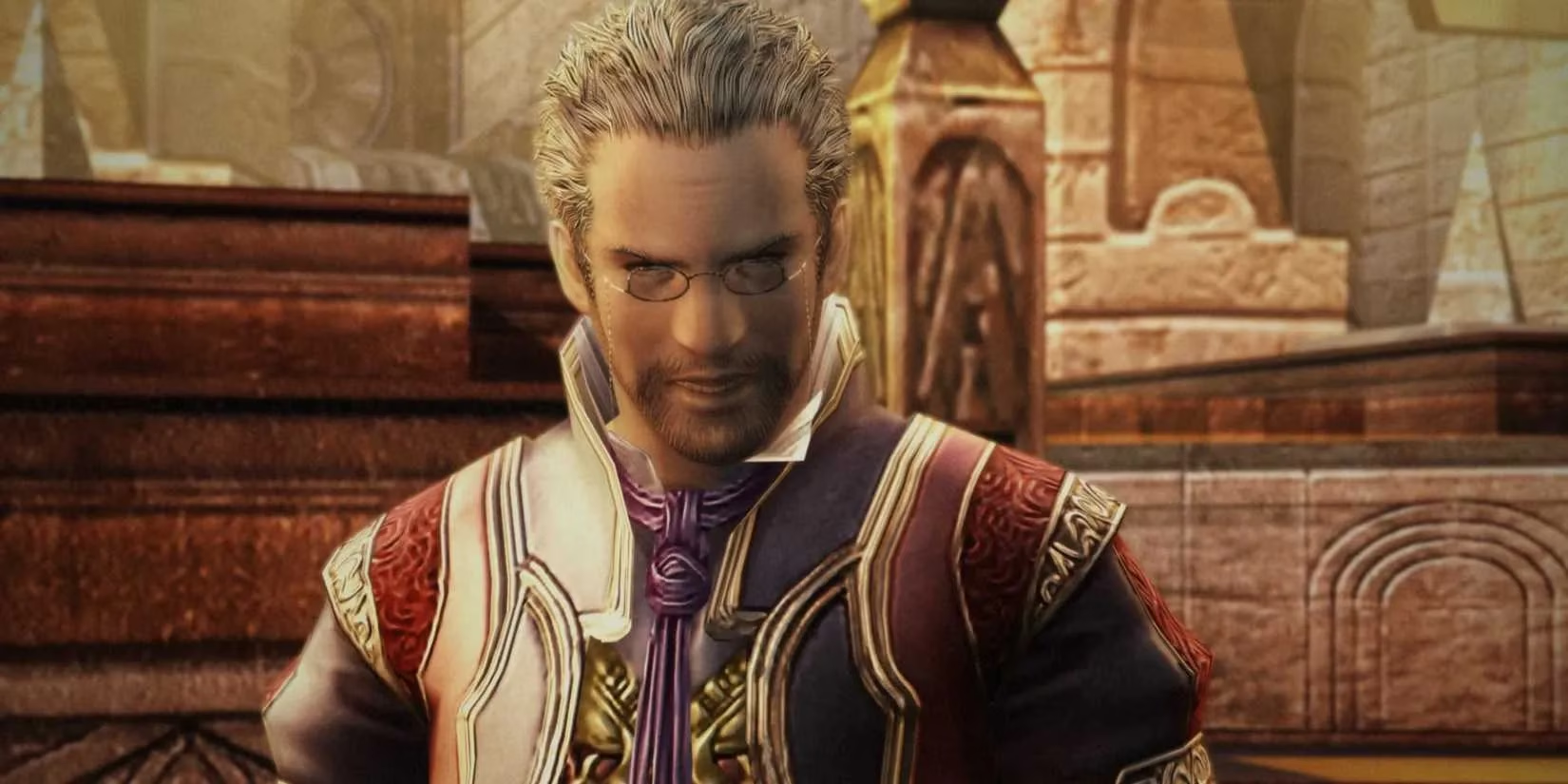
In Tales of the Abyss, players endured an agonizingly slow start with Luke, a protagonist whose initial brattiness made the early hours a chore. His transformation into a compelling hero was masterful, but many never reached that payoff due to the opening's grating tone. Similarly, Zone of the Enders built momentum toward a climactic battle, only to end abruptly with no final confrontation against Anubis. These narrative letdowns—Luke's unlikability and the anticlimactic finale—highlighted how pacing issues could overshadow stellar gameplay. 😩 What if developers had smoothed these transitions?
A shift in tone plagued Valkyrie Profile 2: Silmeria, which ditched the original's unique 2D-3D blend for generic PS2 visuals, losing the melancholic charm that defined its predecessor. Meanwhile, Lord of the Rings: The Two Towers excelled as a movie adaptation but bafflingly omitted multiplayer, isolating players in a story built on fellowship. The awkward stealth mechanics in Splinter Cell: Chaos Theory, where real-time menu selections disrupted fluid takedowns, felt out of place in an otherwise seamless experience. And Shadow of the Colossus offered breathtaking battles but saddled players with a vast, empty world devoid of interaction, making traversal feel like filler. 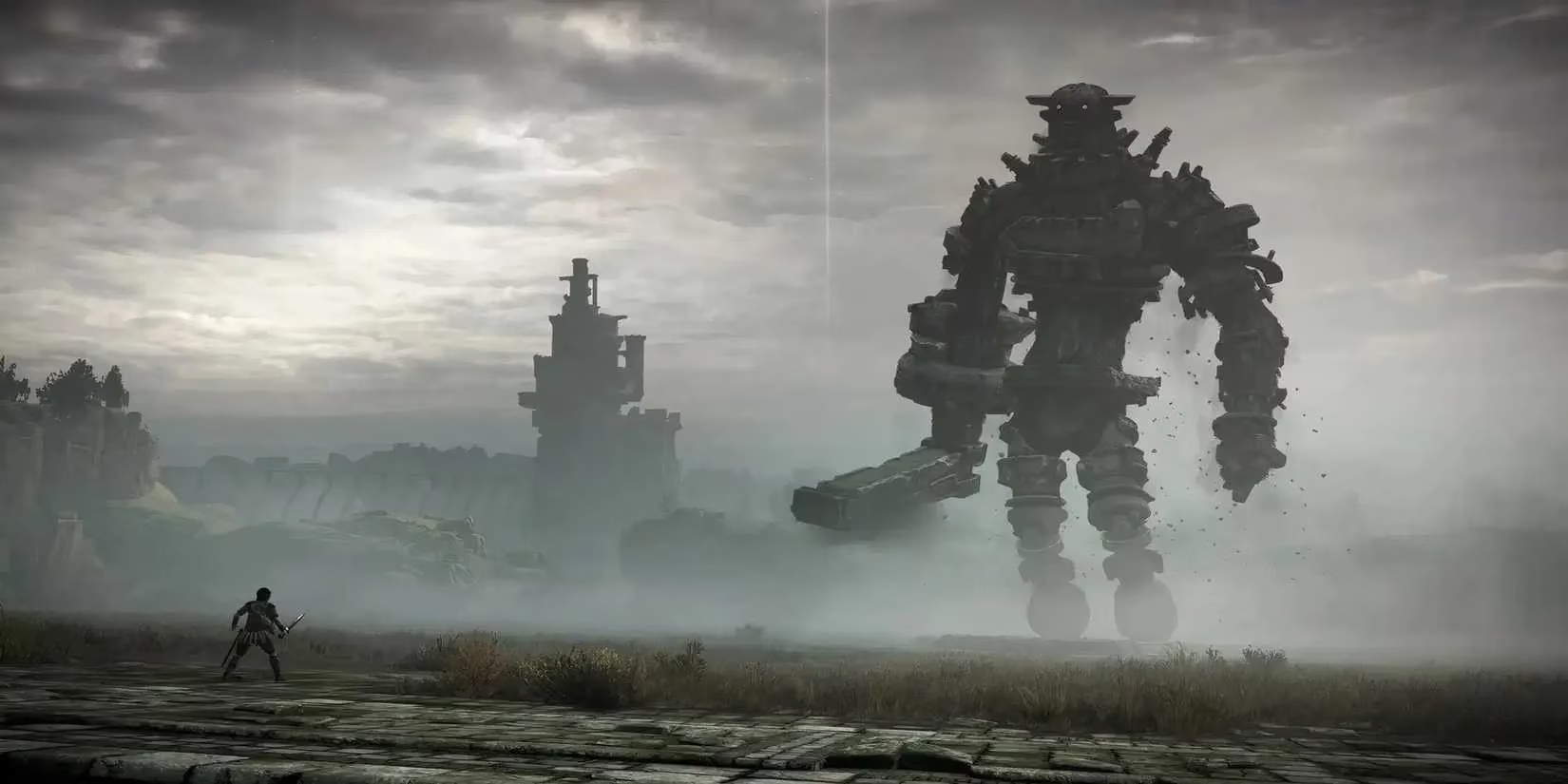
| Game Title | Key Flaw | Impact on Experience |
|---|---|---|
| Metal Gear Solid 2 | Character switch to Raiden | Caused player outrage despite great gameplay |
| Kingdom Hearts 2 | Slow Roxas opening | Nearly derailed the fun before it started |
| Resident Evil 4 | No movement while shooting | Made combat feel restrictive |
| Final Fantasy XII | Unclear protagonist | Created narrative confusion |
| Tales of the Abyss | Annoying early-game Luke | Risked player drop-off before payoff |
Reflecting on these games in 2025, their flaws seem almost endearing—a reminder that perfection isn't the goal in art. These minor hiccups sparked debates, fueled nostalgia, and even shaped future design choices. Could it be that these imperfections made the games more memorable, inviting players to ponder what-ifs long after release? As gaming evolves, do we risk losing this raw, human touch in pursuit of polished, risk-free experiences? 🤔 The PS2 era teaches us that greatness often lies in the cracks, not just the peaks.
